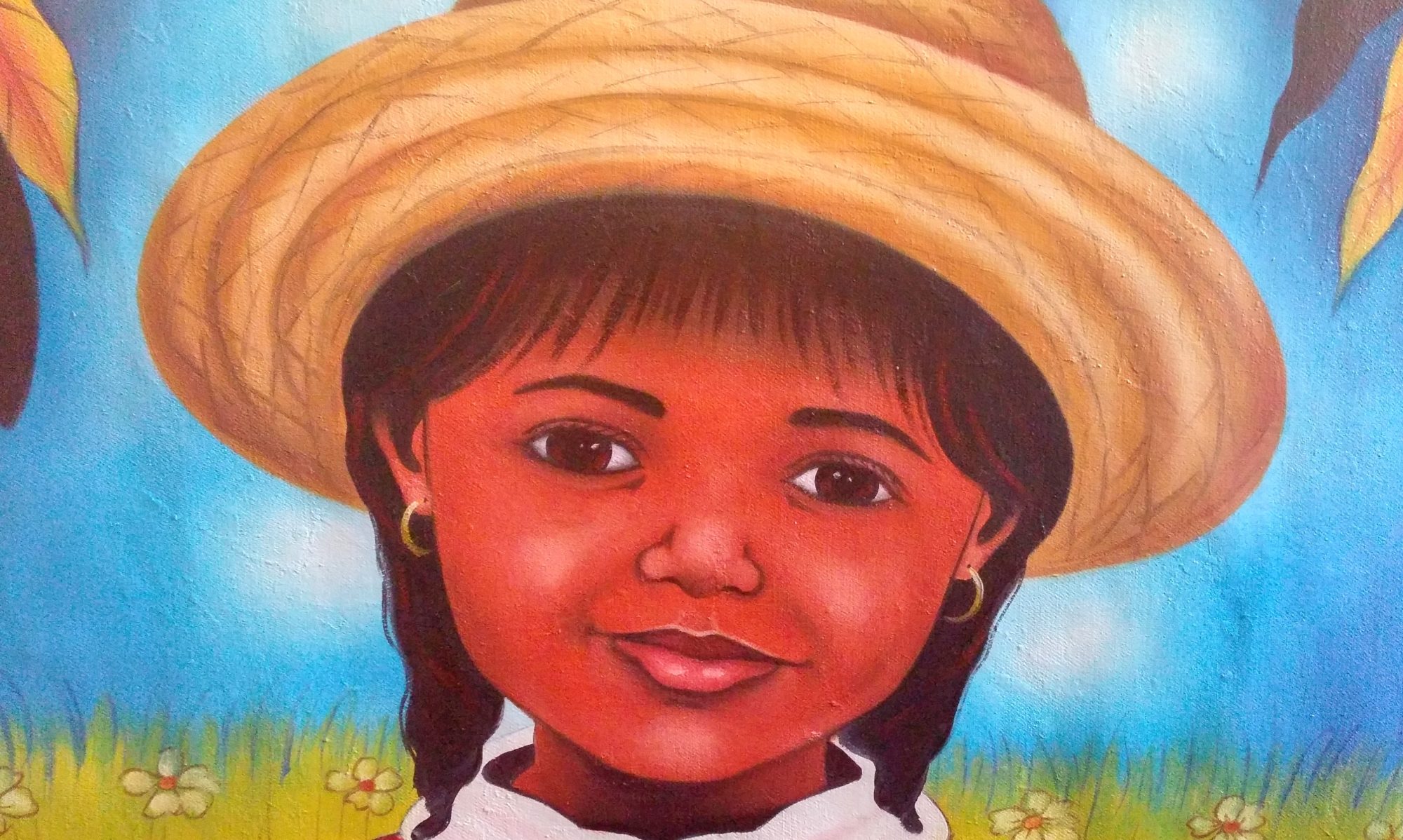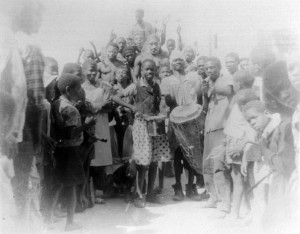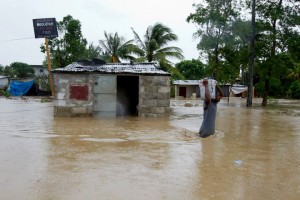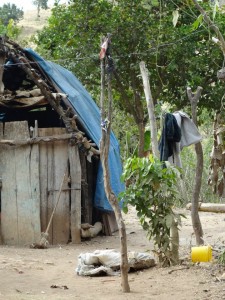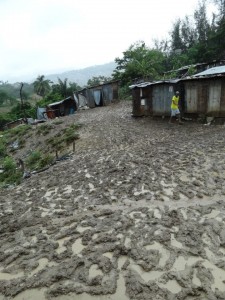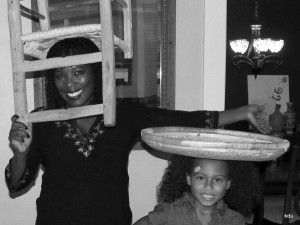 If you’ve ever tried to learn how to speak a new language, you’ve undoubtedly shot the breeze with blanks. English was my third language; there are still plenty of words I do not know. So, yes, I get it.
If you’ve ever tried to learn how to speak a new language, you’ve undoubtedly shot the breeze with blanks. English was my third language; there are still plenty of words I do not know. So, yes, I get it.
When I came to the United States, for example, I had just two English words in my pocket: “Ten” and “Chew.” When someone asked: “Where are you from?” I said, “Ten Chew.”
“How old are you?”
“Ten Chew.”
“Where do you live?”
“Ten Chew.”
It didn’t take long to figure out that what I’d been trying to say was Thank You. And, as polite as it was, Ten Chew was not the answer to every question.
 The airplanes that will land in Haiti today will be packed with folk whose native languages sound nothing like our Kreyòl. Those whose businesses require the advantage that communicating with the natives brings become KLLs (Kreyol Language Learners). They ride to the countryside with their arsenal of shiny new words, ready for that tête-à-tête.
The airplanes that will land in Haiti today will be packed with folk whose native languages sound nothing like our Kreyòl. Those whose businesses require the advantage that communicating with the natives brings become KLLs (Kreyol Language Learners). They ride to the countryside with their arsenal of shiny new words, ready for that tête-à-tête.
Since ours is a language like any other, KLLs try and do come close to mastering it. Now and again, though, a word comes along that might be best left unused. One of those words is “bèk.”
A KLL I hadn’t seen in a long time said this to me recently: “A, pitit, I’m happy to see you. Banm ba w yon gwo bèk, non.” My heart tightened, though I sort of knew what the person meant. So, we leaned in and did the kiss on both cheeks thing. Now, language is such a moving target that words are like transmorphers: Yesterday friend was a common noun; today, the word is a bona fide verb. But a bèk, unless you’re a bird, does not involve kissing. In fact, it is the opposite of kissing.
When someone greets you with “Bonjour” and you fire back with “Lanmèd,” that’s a bèk. If you ask: “Kijan w ye? How are you?” and receive a “Get the hell away from me!” in response, that’s also a bèk. How a bèk or any other insult became a compliment I do not know. But if that is the case, fantastic!
The second word for today is Malfwendengism.
As hard as those consonants look, they’re surprisingly easy to negotiate. What exactly is a malfwendeng you might ask? Artists–particularly musicians and actors–do a fantastic job of defining the term; that’s because malfwendengism is a serious crime that targets the creative work of hard-working people.
 One of the original definitions of a malfwendeng involves a mad dog with flies on its open sores that tries to snatch food right off your plate. Today’s malfwendeng comes in human form. Sometimes it’s a friend who sees a movie that is so funny and wonderful he/she can’t wait to tell you about it. But rather than just tell you about it, the friend makes you your very own copy. Since you can’t keep that great movie all to yourself, you make copies to share with your own best friends. They make copies for their friends, and so on. . . Meanwhile, the artists can’t feed their families, even though they work morning, noon, and night.
One of the original definitions of a malfwendeng involves a mad dog with flies on its open sores that tries to snatch food right off your plate. Today’s malfwendeng comes in human form. Sometimes it’s a friend who sees a movie that is so funny and wonderful he/she can’t wait to tell you about it. But rather than just tell you about it, the friend makes you your very own copy. Since you can’t keep that great movie all to yourself, you make copies to share with your own best friends. They make copies for their friends, and so on. . . Meanwhile, the artists can’t feed their families, even though they work morning, noon, and night.
Breathe.
If you’re a new KSOL student, you’ve just added two shiny new Kreyòl terms to your djakout (straw bag carried by a farm worker and the lwa Kouzen).
Now you know that if someone calls you a malfwendeng, chances are it’s not a compliment. But just in case the definition changes in the next few hours, simply lean close and give the person a bèk.
